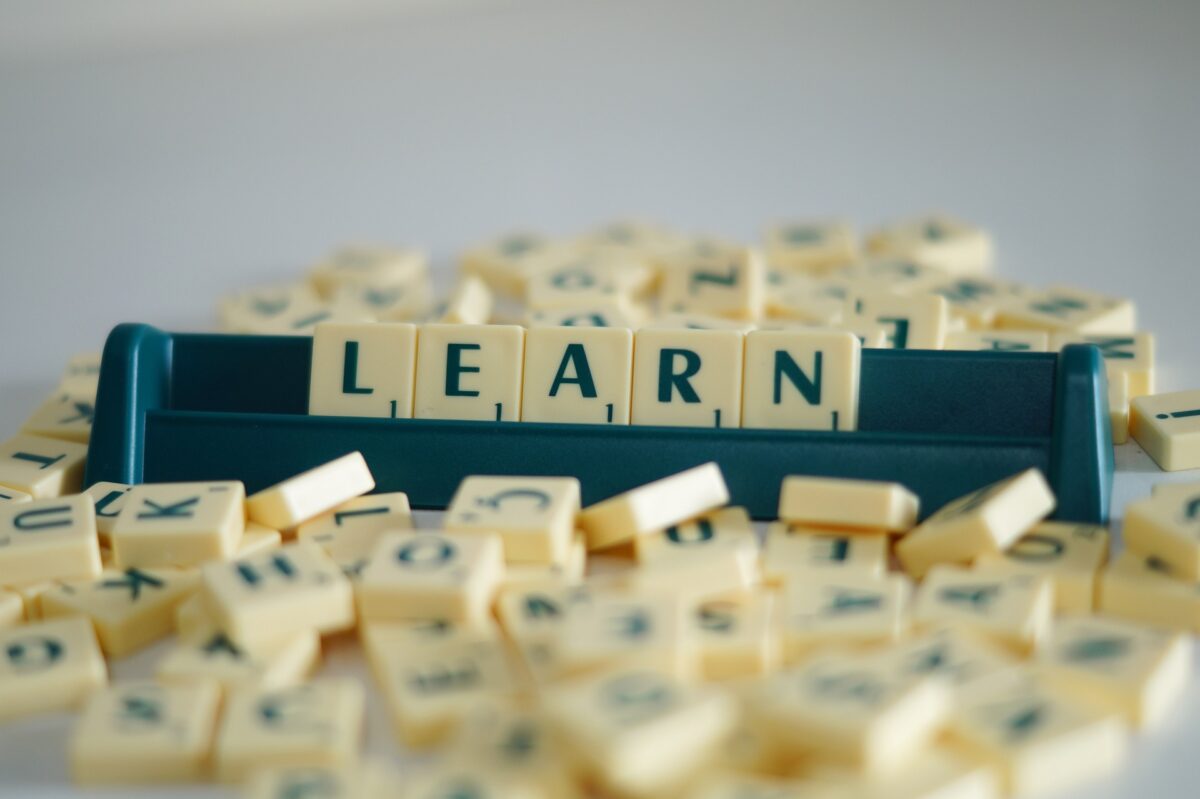It’s almost the beginning of the school year. I hope you are relaxed and enthusiastic about new challenges. I do love the first lessons – making new relationships, students revealing secrets about their passions, observing different personality types in one group, a little bit of stress but also new opportunities. There is some mystery and promise in the first days of September.
In order to make the whole year successful, you need to get to know your students and let them learn a little bit about one another and you. Here are a couple of activities I’d like to share with you today which you can use during the first lessons with your teens and adults. I love those exercises because they are simple, they are fun, they make your students speak English from the very first minutes of the lesson and they demand little or no preparation. They are perfect icebreakers that can lead to or follow the needs analysis.
THIS IS ME…/THIS IS NOT ME… – THE POWER OF PICTURES
All you need is a set of photos. I love using Dixit or Imaginarium cards because they are less obvious, more abstract, and thus more fun. But if you have an elementary group or teach smaller children, you may use less mysterious photos. Each student chooses two cards: one which says 'This is me’ and the other one which says 'This is definitely not me’. And then he/she explains how the cards are connected with their personality or passions or the other students have to find out the connections by asking the student questions about the chosen cards. You probably already know this exercise but have a look at my variation of this activity below.
THIS IS ME…/THIS IS NOT ME… – THE POWER OF THINGS
This time the students bring two items to school. The idea is exactly the same as in the previous activity. The students’ task is to prepare a short story or description connected with those items. You may also ask the other students to predict what those items could mean and which one completes the phrase 'This is me’ and which one is an example of the phrase 'This is not me’. Encourage your students to bring less obvious objects so that it was not so easy to guess the meaning. Once I brought a needle and some thread to class. On the one hand, it meant I am not an artistic kind of a person, I can’t embroider, knit, crochet, sew, etc. But on the other hand, it meant I’m not a very patient kind of a person, I hate waiting, I make up my mind very quickly. And I told my students a story illustrating this personality trait of mine.
THIS OR THAT?
This is a well-known activity but I love it because it makes your students move, it is a lot of fun and students always look backwards to see who is similar to or different from them. You ask your students to stand one behind the other facing you. And then you ask them questions such as: Tea (pointing to the left) or coffee (pointing to the right)? Mountains (pointing to the left) or sea (pointing to the right)? And the students (and you) move one step to the right or left (or stay in the middle cause they love or hate both). You may also ask more serious questions in order to analyse the students’ needs such as: Homework or no homework? Book or authentic materials? Speaking or writing (with a scared face)? Listening or reading (with a happy face)? I usually end this activity with: Stay at school or go home? The bafflement on my students’ faces – priceless!
LIE, LIE, LIE
This is a variation of the game 'Two truths and a lie’. Students pick a question or topic. Their task is to answer it in 1-2 minutes but they can only lie, nothing they say can be true. Although it seems quite easy, in fact it is not because in 2 minutes they have to give many details. Give it a try, I’m sure your students will have a lot of fun.
WHAT QUESTION DO I HAVE ON MY BACK?
It is a task for definitely more advanced students because they will have to try to answer the questions not revealing much information, not answering them directly. You will need one question per one student in class or group. You attach one question to each student’s back so that they couldn’t see it. The students walk in class and answer the questions on their friends’ backs not mentioning the key words. The task of each student is to guess their own question on the basis of the answers given to him or her by a couple of students. You could ask questions such as:’ Would you like to have your tattoo made, why, what kind and where?’ The answer could be: 'Black because it’s classic. The place is not so important but I’m afraid of pain so it can’t be a very sensitive area. I’m not interested in any quotations, that’s for sure. So maybe the face of Hemingway? I love his books.’ The other questions could be: Who is the most difficult person to buy a Christmas present for in your opinion and why? Do you agree that a real man should never cry? Why/Why not? What book would you take to the desert island and why?, etc.
LET ME SEE…
This is a variation of the game 'Personality test’ that you can find in one of the books with the 'Recipes for tired teachers’. You show your students the following or similar table (slide 1), you ask them to draw 9 separate pictures not connected with each other but including the given elements in their notebooks. The pictures don’t have to be beautiful or very detailed but they must present something that can be identified. Once every student has finished, put them in pairs, tell them that one of them (in each pair) is going to be a psychologist and interpret the personality of the other one on the basis of their pictures. Only then do you show them slide 2. Tell the students their task is to interpret, so if someone draws a flower in the space 'This is how you see yourself’ it’s not enough to say 'You are like a flower’ – they have to think what it could mean – maybe you are cute, gentle, it’s easy to hurt you or you are full of energy when it’s hot and sunny. Then students swap roles – the other one is a psychologist. At the end you ask your students to share one idea with the rest of the class about what they have learnt about themselves from their psychologists. They may choose the interpretation they totally agree or disagree with, the one which was the most surprising or the most freaky one or the one they would like to be true. In this way the students decide what and how much they want to reveal about themselves. I’ve tried this activity with teens and adults, with different level groups and with new and old classes. Always had a lot of fun!
https://bit.ly/3gfjtea_DEAL
No matter what activities you choose to start your new year with, I do hope you will succeed in making and developing strong and friendly relationships with your students. Because that’s what the first lessons are all about – not teaching, giving homework, testing or assessing but getting to know each other, having fun and tightening bonds. Have a great year everyone!








